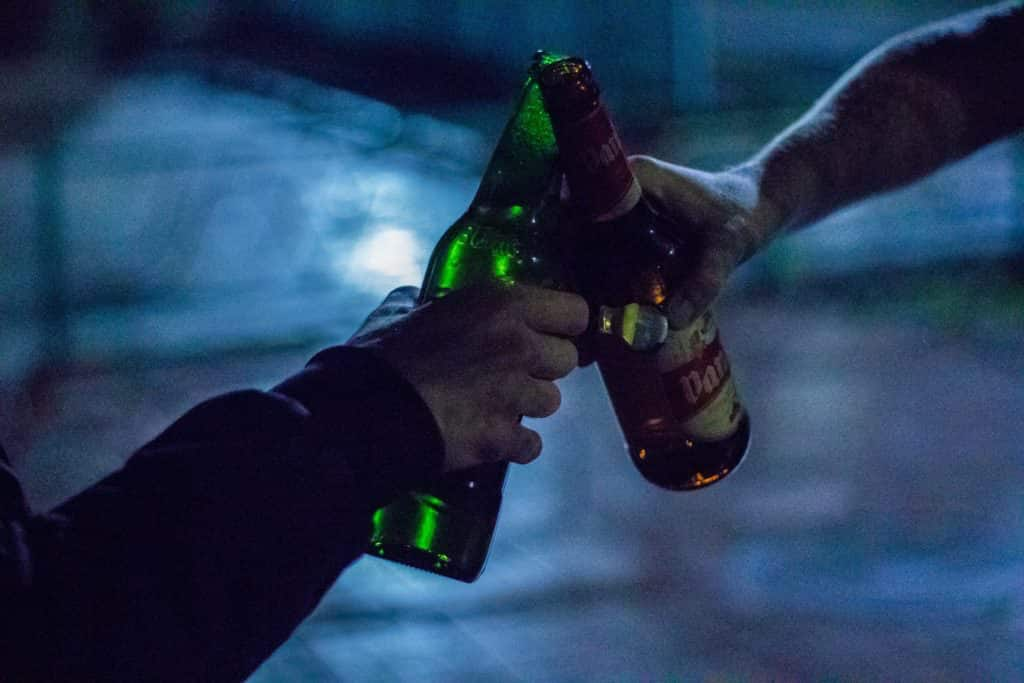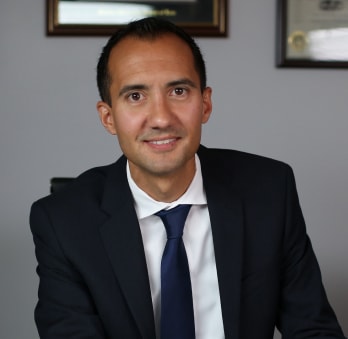
Do you have a charge for violating the minor consumption law in Minnesota? You may be wondering how serious your charges are and what kinds of penalties you are facing.
Or maybe you are a parent and want to know if you could get in trouble for letting your child consume alcohol. Perhaps you’re a bartender that worries about accidentally serving alcohol to a minor.
Could you be in trouble? Today our Minnesota criminal defense lawyers are going to answer those questions for you.
If you have additional questions, please contact the team at Arechigo & Stokka today.
Minor Consumption Law in Minnesota
Under Minnesota’s minor consumption law, it is illegal for anyone under the age of 21 to possess, consume, or attempt to purchase alcohol.
For purposes of this law, someone is not legally 21 until 8:00 am on the morning of their 21st birthday.
It is also illegal for someone under the age of 21 to misrepresent their age to try to purchase alcohol.
To buy alcohol, someone must have a valid, government-issued identification, i.e., a driver’s license or permit, passport, or military ID. Violations are misdemeanors, punishable by up to 90 days in jail and a $1000 fine.
If you’re under 21, the mandatory minimum fine is $100. You could also lose your driving privileges for 90 days for using an ID that isn’t yours. You must appear in court for these charges.
As an adult, you may not serve or sell alcohol to a minor, give a minor your ID, or persuade them to purchase alcohol.
If you violate this law, you are legally responsible for any damages caused by the intoxicated minor. If the minor dies or is greatly injured, you could face a felony charge.
In Minnesota, the drinking age is 21. However, there is an exception allowing those under 21 to consume or possess alcohol, but only within the home of their parents or guardian and with the explicit consent of the parent or guardian.
Minor Consumption Defenses and Exceptions
Minnesota does allow some very narrow exceptions to the minor consumption law. People under 21 may drink alcohol in their parent’s or guardian’s home with that person’s express consent.
However, the defendant must raise this defense to the court themselves. They must then prove it by a preponderance of the evidence.
The law also allows room for people who unknowingly sell alcohol to a minor because they relied on the minor’s false identification card.
Generally speaking, if you could not have known the person was underage, the State will not charge you with a crime.
Another interesting exception involves schooling. In Minnesota, it is not illegal for a minor to buy alcohol for research or educational purposes, as long as adult supervision is involved.
However, the state liquor licensing authority must be notified beforehand.
Finally, there is an exception for emergency situations. A minor will not be prosecuted if they consumed alcohol, or it is in their possession, and they need to call 911.
However, they must stay on the scene and cooperate with the authorities.
Underage Drinking and Driving in Minnesota
It is illegal in Minnesota for anyone under 21 to operate a motor vehicle after consuming alcohol. The law is very strict—minors cannot legally drive with any amount of alcohol in their blood whatsoever.
The underage drinking and driving offense is commonly referred to as Minnesota’s Not-a-Drop law.
If a minor is caught driving with a blood alcohol content (BAC) level under .08 percent, their driving license will be suspended for 30 days minimum.
For a second offense, the license suspension is for 180 days. There is also a high fine, and their insurance premiums will likely increase. Violations of this law are misdemeanors.
If the minor’s BAC level is .08 percent or higher, the violation is underage driving while impaired (DWI). Violations of this law involve full DWI license suspensions, regardless of age.
For minors under 21, the minimum suspension is 180 days, but can extend up to a year for a first offense. Driving while impaired is a misdemeanor.
However, if your BAC is 0.16 percent or over, or it is your second or third offense within 10 years, DWI becomes a gross misdemeanor. Gross misdemeanors are punishable by up to a year in jail plus a $3000 fine on top of any license suspension.
How long does a minor consumption stay on your record in MN?
In Minnesota, a citation for minor consumption (underage drinking) typically results in penalties including a fine of up to $700, potential jail time of up to 90 days, and loss of driving privileges for 30 days. Additionally, the record of minor consumption can remain on a person’s record for a significant duration, generally up to 15 years.
Are You Facing a Minor Consumption Charge in Minnesota?
Misdemeanor or DWI convictions can cause problems for you beyond the inconvenience of having to go to court, pay fines, and deal with possible jail time.
You could end up with a criminal record or a suspended driver’s license. This could then complicate your job, school, and personal life in a number of negative ways.
Therefore, it’s essential that you work with an experienced DUI attorney to protect your rights and interests.
Arechigo & Stokka is a two-attorney law firm with decades of experience based out of St. Paul, Minnesota.
Whether you have a criminal defense, DWI, or workers’ compensation case, Arechigo & Stokka has the experience and courage your case deserves in the courtroom.
Go to our website to read more about our successful results and client testimonials. Contact us online today to discuss your legal matter and learn how we can assist you.



